Residential Home for the Elderly «Emmaus» Haiterbach
Project start September 2015, duration 12 months
Description of the organisation
The «Sozialwerk Schwarzwald e.V.» as supporting organisation of the Residential Home for the Elderly Emmaus was founded in 1970 by members of the Free Church of the Pentecostal Mouvement.
The Residential Home Emmaus was inaugurated in 1975 offering 53 places and 6 senior-friendly appartments. During the eighties it turned out that in the long term such facilities had to be restructured because more and more people in need of care must be accommodated.
To complete the offering in 1998 the Residential Home Emmaus erected 11 single and double appartments for assisted living.
In 1998 the Residentil Home was certified according to ISO 9001. By means of a total quality managment with annual certification we continue the improval of our care for the residents.
The Residential Home for the Elderly Emmaus is a multi level facility and provides places for assisted living, permanent, short-term and daily care as well as a public lunch table. Furthermore, for people suffering from dementia there is a special living quarter. The overall target is to give all residents the individual support needed.
The care of the elderly in the Emmaus Residential Home for the Elderly is performed on a holistic basis, which consider latest findings in the domain of nursery, medical and social care. The individual needs of the elderly are taken into consideration by full collaboration of relatives, physicians and nursing staff. Thereby basic care, therapy and social work complement one another.
A motivation therapist, two every day life assistants and well qualified specialised staff provide well directed support for decreasing skills and abilities of the residents. Joint activities like cooking, baking, hanidcraft work, gymnastics, brain calisthenics etc. strengthen the residents mentally as well as physically.
Special needs
The staff members of the Seniorenzentrum Emmaus are qualified specialists in Social Pedagogy or Psychogeriatrics and apart from their theoretical knowledge they are experienced in practice. According to requirements of disadvantaged volunteers they will develop and carry out an individual concept for reinforced mentorship.
Volunteers with special needs could be accepted after consultation with the hosting as well as sending organisation to find and to agree appropriate opportunities of voluntary activities. According to the nature of disadvantages a preparatory visit will be planned.
Motivation and EVS experience
The Residential Home for the Elderly Emmaus at Heiterbach-Beihingen collaborates in care for the elderly a fairly long time with voluntarily working people. Apart from participants in the german Voluntary Social Year program, Governmental Federal Voluntary Service and internees from various training schools this includes relatives of residents and citizens from Heiterbach-Beihingen and its surroundings, who get voluntarily involved in the social care of elderly people. By hosting young people from abroad we want to provide insight in our work with elderly people and to convey a comprehensive understanding for the relevance of voluntary work for the civil society.
Project environment
The Residential Home for the Elderly Emmaus is supported by «the Sozialwerk Schwarzwald e.V.» and is legally recognized as an organisation fo work with the elderly. The Residential Home offers 78 places in double and single rooms including 8 places for short term care. In addition there is a day care center for people in need of care from the region.
The care of the elderly in the Emmaus Residential Home for the Elderly is performed on a holistic basis, which consider latest findings in the domain of nursery, medical and social care. The individual needs of the elderly are taken into consideration by full collaboration of relatives, physicians and nursing staff. Thereby basic care, therapy and social work complement one another.
The Residential Home for the Elderly Emmaus is located in the Black-Forest village Haiterbach-Beihingen. The municipality was first mentioned in 1292 and today it has 900 inhabitants.
In 1972 the village was incorporated to the neighbouring community of Haiterbach. Beihingen has a total area of 328 hectare, whereof 253 are used for agriculture.
Today in the village of Beihingen there is a branch office of the municipality, a kindergarten, a fire brigade, a festival hall, a gocery shop and two bank offices. The local sports club, the local heritage association
To ensure regional mobility volunteers get a monthly ticket which is valid for all public transport associations of the administrative district of Nagold.
Highly qualified care and assistance for the Elderly guarantee a high quality of life. But life requires more: life needs mutual enriching interchange. Staff members and honorary as well as voluntary co-workers are working jointly to realize this aim. Volunteers add valuable contributions that enrich the life of the residents.
Assignment opportunities:
- vist to residents
- organising parlour games
- slide shows and movie screening
- singing and musicking
- story telling and reading
- assisted walking
These offers are extendible depending on the interests and abilities of voluntarily and honorary co-workers as well as the residents.
What we offer:
- attractive activities according to volunteers abilities and desires
- solid adjustment to activities
- professional supervision
- further training
- Voluntary and honorary co-workers are fully covered by health and liability insurance
Learning opportunities
During their voluntary service in the Emmaus Residential Home for the Elderly the volunteers will get non-formal qualifications as well as key qualifications in the areas of character-building and social and linguistic skills. They get to know different ways of life and learn to deal with people with disabilities, as well as with different themes. They learn how to work with elderly and partly gerontopsychiatric disordered persons and learn organisational structures of daily care for elderly people and how to find their place in it.
The volunteers are put into a team of employees and are treated as a fully-fledged team member. They learn how to get along with colleagues, bosses and roommates and to handle the sensibilities of intimacy and distance in the workplace.
The assignment of European Volunteers will not substitute a regular job in this project. The activities of a volunteer should expand and deepen the existing geriatric care facilities. The volunteer should enrich the geriatric care activities with new ideas and perspectives.
Tasks of Volunteers
Volunteers will work mainly in the geriatric day care of the residents. Volunteers will be actively involved in the development of the day program of occupational therapy. Volunteers could develop their own ideas for new games, activities or stories into a personal project if they so wished – creative ideas are always welcome. The remaining of volunteers time will be spent in helping with other aspects of work at the centre as well as planning activities and courses. The volunteer will also be required to attend team meetings to report and co-ordinate resources. Volunteers are expected to accomplish a fulltime voluntary service of 38-hours per week, overdoing ill be balanced by additional freetime.
The volunteer can take part in a language training for European Volunteers arranged by the coordinating organisation. The aim of the language training is the command of oral every day speech with a special focus on the terminology of social care. Through language training the volunteer should be enabled to manage typical situations of daily life they will be confronted with during their voluntary service.
Apart from language learning the language training serves as a weekly meeting for European Volunteers from several EVS projects situated in the region. Every month a day of studies will be organised vor the volunteers, where the volunteers can seek advise for their choice of occupations in future, meet counselors from universities and colleges, visit the European Parliament in Strasbourg, go on excursions, or take part in cultural events. The content of this program will be discussed by the group and participation is left up to the volunteers.
Volunteer profiles and recruitment process
Volunteers should have an interest in, and willingness to work with older and partly gerontopsychiatric disordered people. It’s necessary for volunteers to be sociable and outgoing, to have enthusiasm, and to be open to foreign cultures. They should be able to interact well with groups of people, therefor a basic knowledge of german language would be helpful. An enthusiastic, responsible and flexible attitude towards the work is important. Volunteers should be willing to learn new skills and share own experince with others, be able to work as a team and contribute to the process and be open to new ideas and be flexible to work in a variety of settings.
Candidates should describe their motivation for a voluntary service in this project in a detailed motivation letter. Important are neither national or social background, gender, language skills nor level of education, but a convincingly motivation.
Number of volunteers hosted: 2
Risk prevention, protection and safety
The host organization provides continuous monitoring, including easy access to the contact person (Tutor), regular dialog with the volunteers, in which the options for personal development and the interests of the volunteer are being discussed.
To prevent crises from occurring in the first place, volunteers will be given any training necessary for them to carry out their tasks.
Volunteers will be informed about their rights, regulations in the host organization, consequences of unacceptable behaviour.
In terms of risk and crisis prevention it is very important to keep all persons involved in the project informed to be able to act immediately in the case of a crisis.
However if problems occur, volunteers have different people to contact and discuss problems with. The different people are pro-active in seeking area of concern and actively finding solutions to the issues arising.
The line manager in the respective working group is on hand daily for problems, the director of the hosting organisation is accessible for volunteers every day and the co-ordinator is available by e-mail and phone at every time but meets the volunteers weekly or biweekly during language training.
Weekly during language training volunteers can meet participants from other EVS-projects from the region to exchange experiences.
Volunteers wil have the opportunity to stay in contact with their family and sending organization via e-mail or telephone at least on a weekly basis.
Organisation topics
- Disabilities – special needs
- Intercultural/intergenerational education and (lifelong)learning
Inclusion topics
This organisation is willing to involve volunteers who face situations which make their participation in activities more difficult, from the following categories for different types of project:
- Educational difficulties
- Social obstacles
- Cultural differences
Selection process
For the selection of the volunteers we will need:
– Europass CV with picture (made in the last month)
– Motivational letter, writing that your sending organisation will be “Building Bridges”. We ask all candidates to send a specific letter of motivation – why they want to volunteer with us rather than just a general EVS one.
Remember to write in the motivation letter that your sending institution is “Asociación Building Bridges”.
All documents written in english you can send to: asociacionbb@gmail.com with subject “Residental Home Emmaus, Alemania».

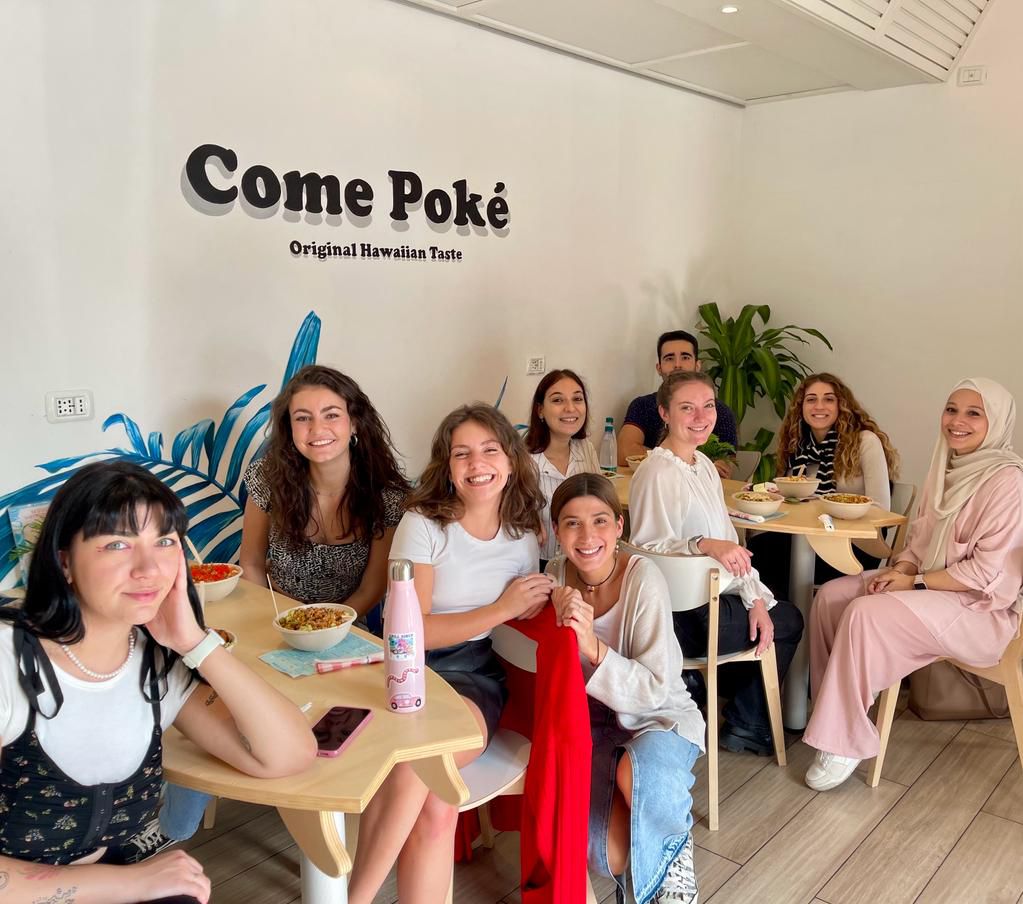
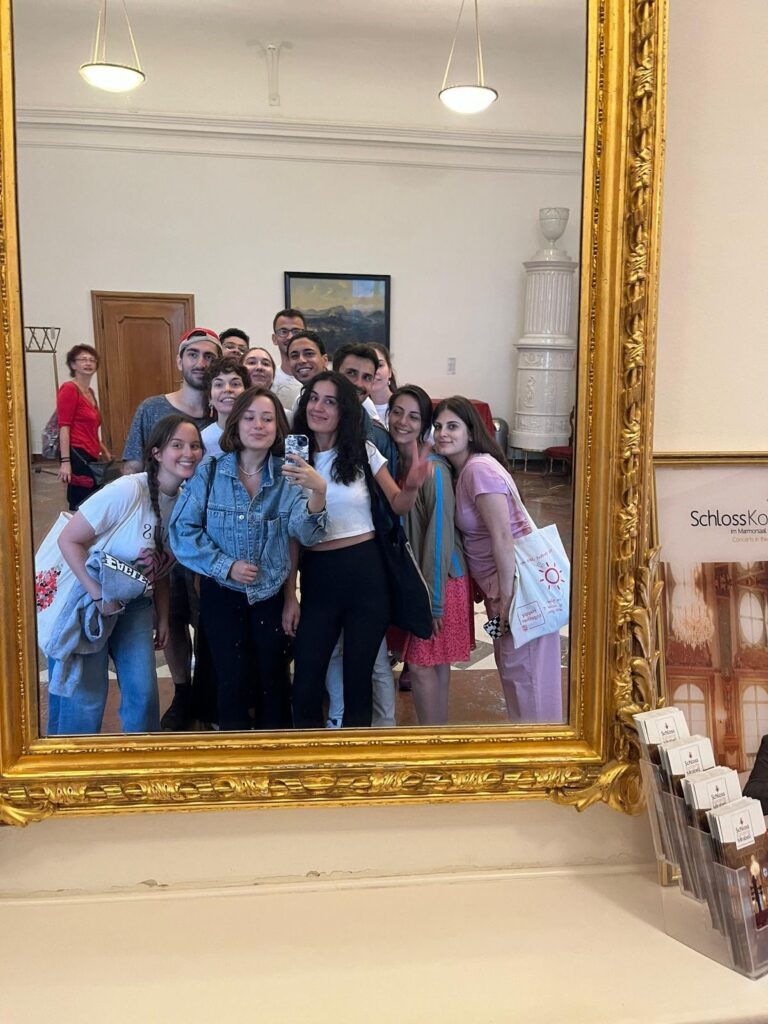
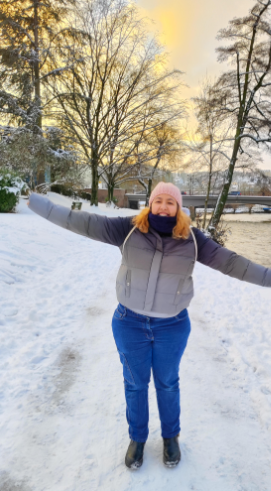
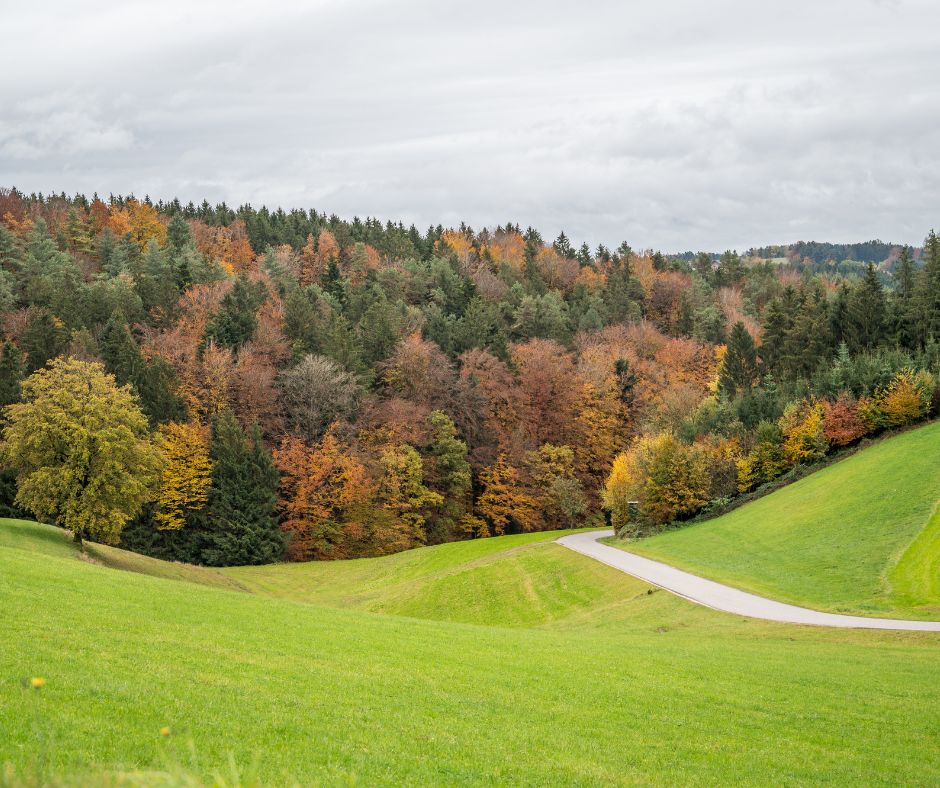




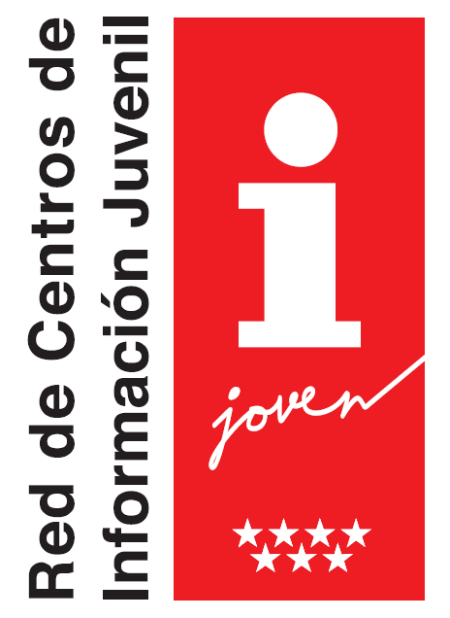

Add a comment